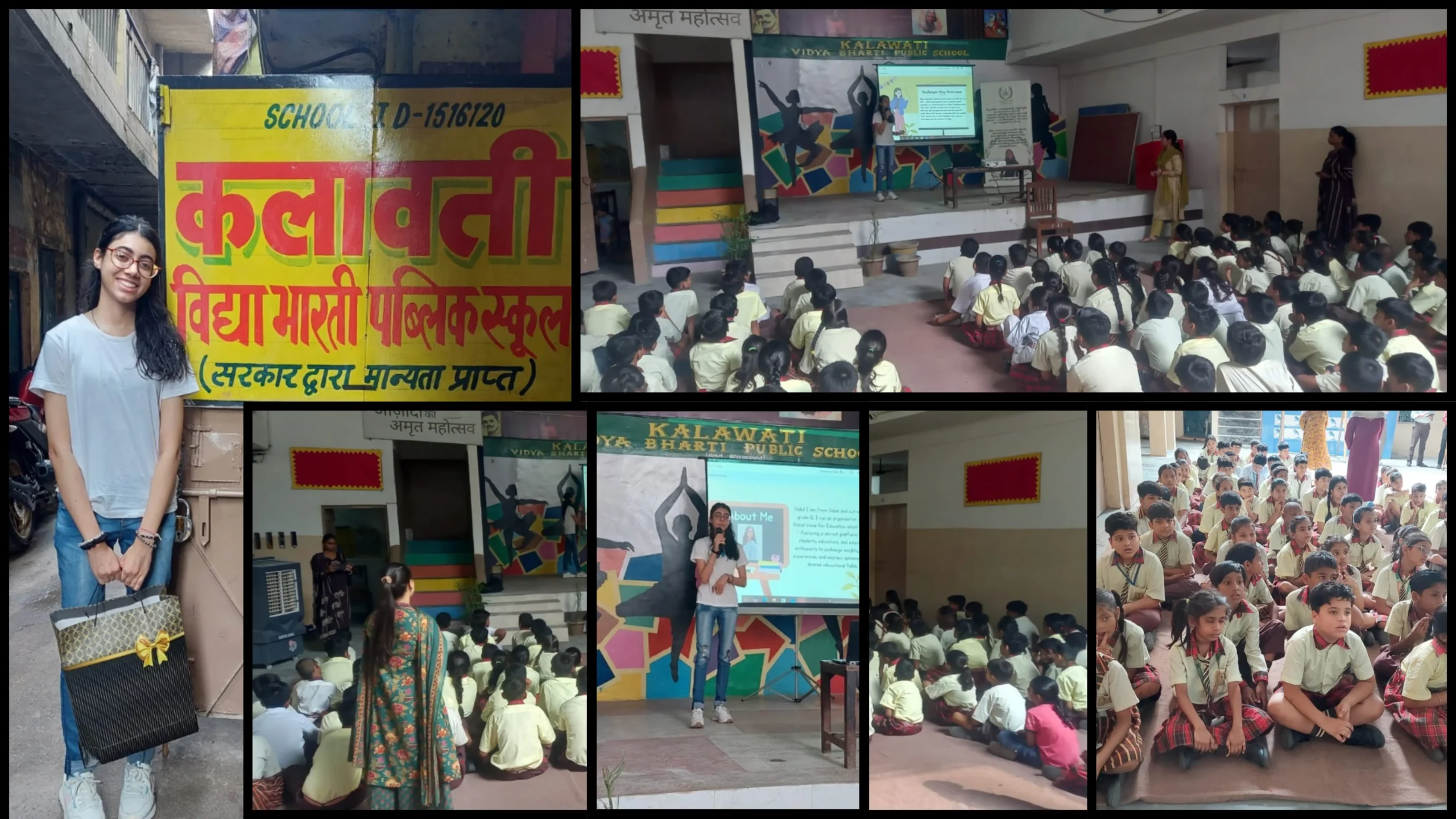About Us
A platform created to highlight youth voices, share meaningful perspectives, and spark change through honest stories—one thought, one voice, one impact at a time.
globalvoiceforeducation@gmail.com
Shreyansi GhildyalEDUCATION & LEARNING, PERSONAL THOUGHTS & EXPERIENCES6 months ago1K Views

Written by
Over the past few years, youth unemployment is more than just a number; it’s a reality that aects their mental
health, economic independence, and long-term future. The global economy may be recovering post-pandemic,
but the youth job crisis continues to eclipse over our generation.
According to the International Labour Organization (ILO), youth unemployment globally reached 13.6% in
2023, almost three times higher than the adult unemployment rate. In North Africa and the Middle East, these
gures soared above 25%, with young women facing even higher barriers due to deep-rooted systemic gender
inequality.
However, In sub-Saharan Africa and much of Asia, the challenge goes beyond unemployment, where youth are
forced into informal, unstable work with little pay, no benets, and zero security.
The global youth unemployment crisis isn’t caused by laziness—rather, it’s the result of outdated systems, rigid structures, and narrowly missed opportunities.
A major factor can be attributed to the mismatch of skills and jobs. Many education systems focus heavily on
theory, leaving students unprepared for the real-world demands of today’s workplaces. A McKinsey & Company report revealed that 40% of employers struggle to nd candidates with the right skills—even for entry-level roles.
Add to this the Experience Paradox: jobs demand years of experience, yet oer no pathways to gain it. In a frustrating twist, even universities now expect applicants to have professional experience before starting
undergraduate degrees.
Meanwhile, economic instability, automation, pandemic aftershocks, and new migration restrictions—like those in the USA—have further limited job availability.
The result? A generation educated but excluded
Solving youth unemployment doesn’t mean blaming young people—it means investing in them.
Here’s how we can turn things around:
Reform Education: Schools and universities must teach job-ready skills like communication, collaboration, problem-solving, entrepreneurship, and digital literacy, where classrooms go beyond just academic theory.
Create Paid Internships and Apprenticeships: Real experience must be accessible and fair. Companies and governments need to fund training programs that lead to actual employment.
Empower Startups: Young people with ideas should be able to access funding, mentorship, and platforms to bring their visions to life.
Change Policy: Labor laws must become youth-inclusive—protecting rst-time workers from exploitation, mandating fair wages, and removing unjust barriers to employment.
Collaborate Globally: Youth unemployment is a worldwide issue. We need governments, industries, and international organizations to work together on long-term solutions.
We are not lazy. We are not entitled. We are a generation full of ideas, ambition, and resilience. But we are being
failed by systems that haven’t caught up with the world awe live in.
Youth unemployment isn’t just our problem—it’s everyone’s. When one generation is locked out of the workforce, we all lose: innovation stalls, growth halts, and trust erodes.
If the world truly believes that young people are the future, then it’s time to prove it—by investing in us, now.
A platform created to highlight youth voices, share meaningful perspectives, and spark change through honest stories—one thought, one voice, one impact at a time.
globalvoiceforeducation@gmail.com


